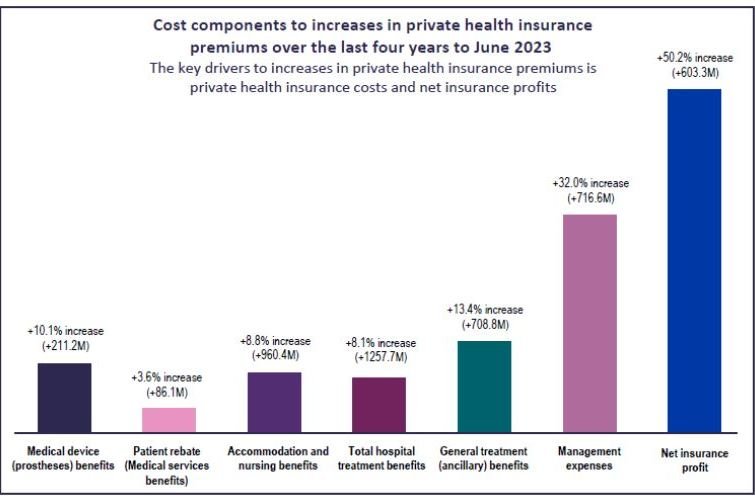Health facilities across the country are being forced to shut off ventilators and other life-saving equipment because of a sharp drop in fuel imports. Many hospitals have warned they risk shutting down completely if the delivery of fuel continues to be delayed and restricted.
The lack of fuel in Yemen is also impacting people’s ability to move around – with reports of 6km-long queues at gas stations in Sana’a – and will have a ripple effect on food prices, access to water, and humanitarian aid.
“I had to stay in my car for two days straight in the longest queue I have seen in my entire life [at a gas station],” said Aisha, 55. “The men’s queue was far longer. I had six meals in the car delivered by my son just to make sure I did not lose my place in the queue.”
The crisis has been triggered by a combination of tighter restrictions on fuel shipments into Yemen’s Red Sea ports and long holding delays. Fuel vessels are waiting an average of 112 days in the coalition holding area – a staggering 543% increase compared to 2019 (17.4 days). As a result, the arrival of fuel into Yemen’s Red Sea ports has dropped sharply, with 70% less of it arriving in January compared to the same period last year.
Rama Hansraj, Save the Children’s Country Director in Yemen, said:
“The country has experienced several fuel crises since the beginning of the conflict, but this is by far the worst one. We’re hearing reports from doctors who are already seeing its deadly impact on health facilities. A doctor in Sana’a told our team that six of their 12 operating rooms, and nearly half of their incubators, have already been forced to shut down.
“The longer this fuel crisis goes on, the harder it will be to reach vulnerable children in need. More than eight million children are on the brink of famine and in desperate need of access to life-saving healthcare. Even before this fuel crisis, Yemen’s healthcare system was on the verge of collapse. We fear that without urgent action, the situation in Yemen will become catastrophic.
“Children in Yemen have already dealt with enough. Crisis after crisis is wiping every chance they have to dream for a better future. Protecting the lives of children must be our utmost priority, and any decision made must first take into account the impact on children’s welfare.”
Save the Children is calling on parties to the conflict to abide by their obligations under International Human Rights Law and International Humanitarian Law in their conduct of hostilities. Civilians must be able to afford access to basic supplies necessary for their survival and the implementation of UN resolutions must not be used to cause harm to civilians.
Save the Children has been working in Yemen since 1963, implementing programs in education, child protection, health and nutrition, water and sanitation, and emergency response across most of the country. Save the Children is supporting 186 health facilities, including 10 hospitals and two COVID-19 treatments centres with solar panel systems.







